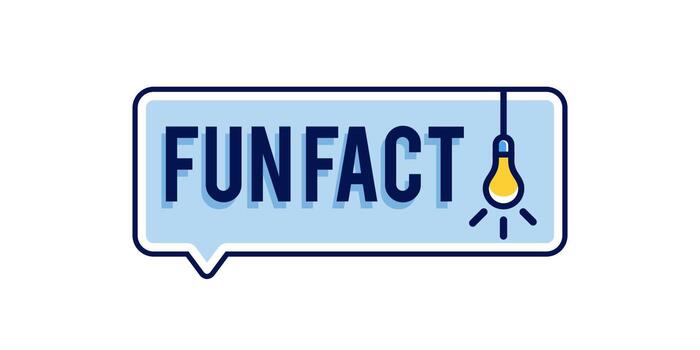When asked how to combat writer’s block, my answer is always the same:
If you have writer’s block, you don’t have enough writing projects.
My list of writing projects currently includes:
-
A novel under contract
-
A nonfiction book under contract
-
A middle grade novel under contract
-
A piece for Parents magazine
-
A piece for Seasons magazine
-
A picture book
-
A letter to my father
-
A daily blog post
-
A screenplay
How could I possibly suffer from writer’s block with this many projects underway. Stuck on one? Move to another.
While teaching a group of about 30 middle and high school students this summer, one of the students asked if it would be okay if she started something new.
“Of course,” I said. “But why are you asking me for permission?”
The young lady explained that her teachers insist that she and her classmates finish one writing project before moving onto the next.
“That’s crazy,” I said.
“My teacher does the same thing,” another student said.
“Me, too,” said another.
My head hit the desk. More than three-quarters of the students reported suffering from similar restrictions, which is, of course, stupid.
I know many writers, but I have yet to meet a single one who is only working on one project. While my list of projects is admittedly longer than most, every writer has at least one project on the side, oftentimes in another genre.
I can’t imagine telling a writer who is suddenly excited about a new idea to finish their current project before trying something new. That is truly one of the stupidest teaching decisions I can imagine.
There’s nothing wrong with deadlines.
“I need that essay done by the end of the month.”
“You must hand in three poems by Wednesday.”
“Your research paper is due at the end of March.”
But to expect that students will work on that one project until the due date is an outstanding way to kill any love that students will develop for writing. It places classroom management ahead of creativity, choice, executive functioning, and an authentic writing process.
Not enough teachers write. Teachers require students to write persuasive essays, even though most teachers haven’t written a persuasive essay in a decade or more. Teachers require students to write fiction, even though most teachers haven’t written fiction since they were children. Teachers expect students to write research papers, when those teachers last wrote their own research paper in college.
When it comes to writing, we have an army of educators who are teaching something they never do. Even worse, in many cases, it’s something they don’t like to do.
If you never do it in real life, can you expect to teach it to novices?
If teachers were writing, they would understand the need to have multiple projects in a writer’s life. They would understand the insatiable excitement of a new idea. The need to turn away from a project when enthusiasm wanes. The ability for writers to manage more than one writing project at a time.
I felt so much sympathy for the two dozen or so students who said that they would returning to classrooms in the fall where they could only write one thing at a time. I told them to rise up. Declare their writing independence. Insist that their needs be met. Demand to be treated like writers.
I also gave them my phone number. “If your rebellion fails, tell your teacher to call me. I’ll see what I can do.”
I’m expecting a lot of phone calls.

Photo credit: https://essayontime.com.au/blog/pros-and-cons-of-buying-a-college-paper-online





